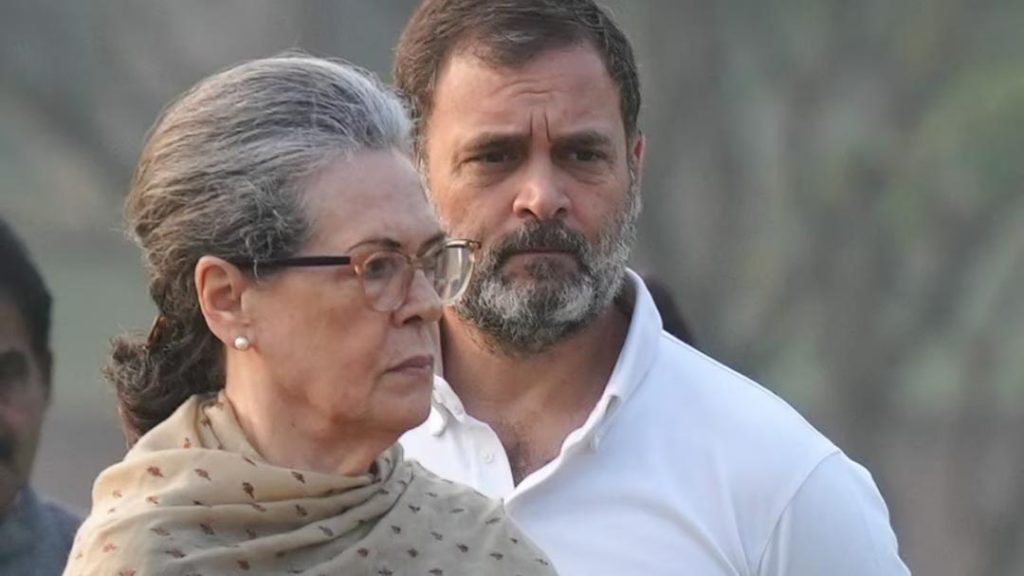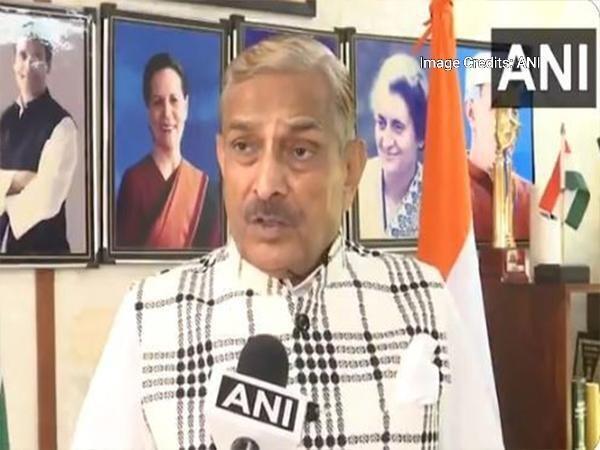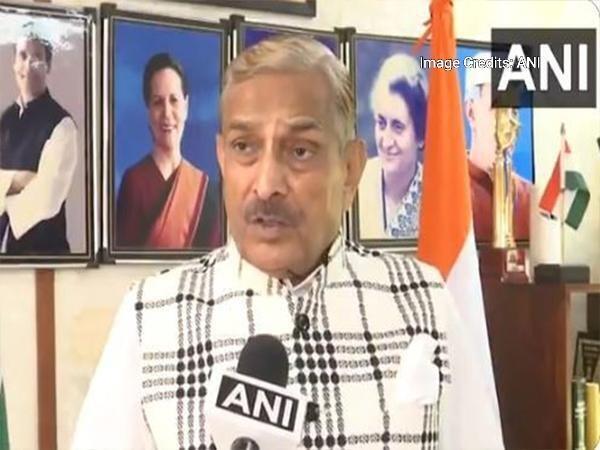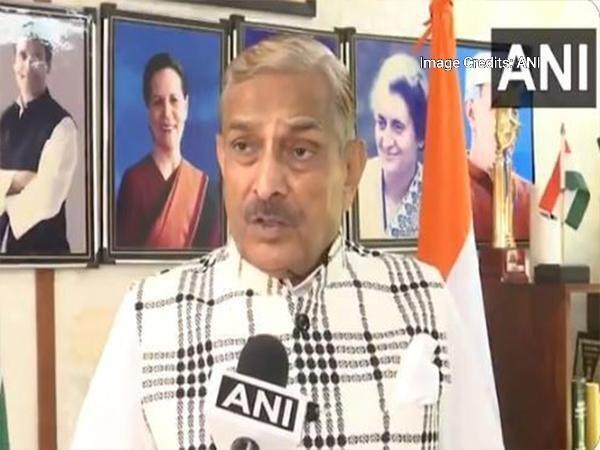
ED Files Complaint Against Sonia & Rahul in National Herald Money Laundering Case
The Enforcement Directorate (ED) has taken a significant step in the National Herald money laundering case by filing a prosecution complaint in a Delhi court against Congress leaders Sonia Gandhi, Rahul Gandhi, and Sam Pitroda. This development comes after a long and arduous investigation that has been ongoing for several years.
The case pertains to the alleged fraudulent takeover of properties valued at ₹2,000 crore by Young Indian, a company linked to Sonia Gandhi. The ED had earlier filed a chargesheet against the trio in December 2020, but the latest move marks a significant escalation in the probe.
The complaint was filed before the Special Judge, Rakesh Sidana, at the Patiala House Court in Delhi. The ED has accused the trio of money laundering and has sought their prosecution under the Prevention of Money Laundering Act (PMLA).
The case is based on an initial complaint filed by Subramanian Swamy, a BJP leader and a former Union Minister, in 2012. Swamy had alleged that the Gandhis had misused the National Herald, a newspaper that was once a symbol of Indian independence, by using it as a conduit to launder money and acquire assets worth crores.
The ED’s investigation found that Young Indian, a company owned by the Gandhis, had taken over the assets of Associated Journals Limited (AJL), the publisher of National Herald, in 2010. The ED claimed that this takeover was illegal and that the Gandhis had used AJL’s assets to fund their personal ventures.
The ED’s complaint alleges that the Gandhis had used AJL’s assets to acquire properties worth ₹2,000 crore, including the iconic National Herald building in Delhi. The agency claims that this was done to convert the assets into personal wealth and to avoid paying taxes.
The ED’s charges against the Gandhis include money laundering, cheating, and conspiracy. The agency has also accused Sam Pitroda, a close associate of the Gandhis, of being involved in the illegal takeover of AJL’s assets.
The ED’s move to file a prosecution complaint is a significant development in the case, as it marks the first time that the agency has sought the prosecution of the Gandhis under PMLA. The agency has also sought the attachment of assets worth ₹2,000 crore, which it claims belong to the Gandhis.
The ED’s investigation is ongoing, and the agency has seized several properties and documents in connection with the case. The agency has also questioned several witnesses, including officials of AJL and Young Indian, in an attempt to build a case against the Gandhis.
The Gandhis have consistently denied any wrongdoing in the case and have claimed that the ED’s investigation is politically motivated. However, the ED’s latest move is likely to put pressure on the Gandhis to respond to the charges and to provide evidence to support their claims.
The National Herald case is just the latest in a series of controversies that have dogged the Gandhis in recent years. Rahul Gandhi, in particular, has faced criticism for his involvement in the case, with many accusing him of using his position to protect his family’s interests.
The ED’s move to file a prosecution complaint against the Gandhis is likely to have significant implications for the Congress party and for Indian politics as a whole. The case is likely to dominate the headlines in the coming days and weeks, and could have a significant impact on the political landscape.
In conclusion, the ED’s decision to file a prosecution complaint against Sonia Gandhi, Rahul Gandhi, and Sam Pitroda in the National Herald money laundering case is a significant development in Indian politics. The case is likely to have far-reaching implications for the Congress party and for Indian politics as a whole.






